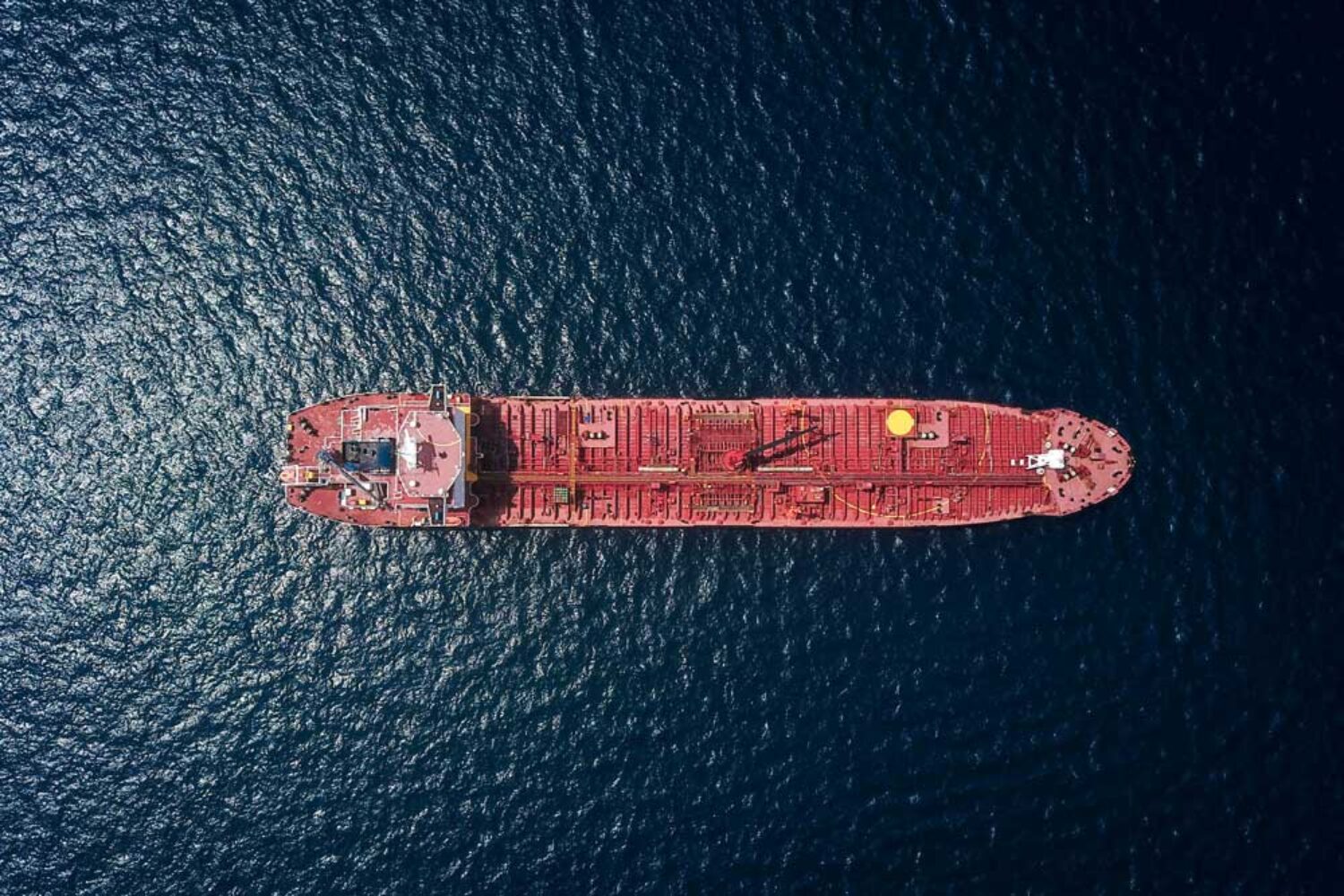A recent report by the classification society Lloyd’s Register (LR) shows that fuel quality in 2024 will maintain the standard of recent years.
However, there are still challenges that need to be overcome. The increasing proportion of biofuels is also taken into account. The “Fuel Quality Report 2024” from Lloyd’s Register provides important insights into the development and current state of fuel quality. It also analyses how it affects the maritime industry. Fuel continues to be one of the biggest cost factors in shipping.
The report, produced by LR’s Fuel Oil Bunker Analysis and Advisory Service (FOBAS), aims to provide an overview for marine fuel buyers, shipowners and operators seeking a deeper understanding of current fuel quality trends and the evolving regulatory environment.
Particulate matter and sulphur content remain problematic
The report shows that fuel quality in 2024 is broadly similar to that of recent years, particularly since the transition to VLSFO (Very Low Sulfur Fuel Oil) in 2020. Persistent issues such as particulate matter, stability, sulfur content and flashpoint remain a challenge, and isolated cases of chemical contamination still occur.
A large part of the report is dedicated to the increasing acceptance of biofuels. More and more ship operators would start to use biofuels on board or at least test them to gain the necessary experience.
Further development of fuel quality
Looking to the future, the report looks at the impact of the newly introduced ISO8217:2024 standard, as well as the EU Emissions Trading Scheme (EU ETS) and other regulatory requirements from the IMO, the EU and the industry as a whole. This change is expected to drive growth in the diversity of the biofuels market, which could pose challenges in terms of availability, cost and fuel quality control. In addition, there are ongoing developments and advances in alternative fuels such as methanol, hydrogen and ammonia.
Andrew Shaw, Managing Director, Lloyd’s Register FOBAS, said, “As a classification society with an industry-leading fuel testing business and portfolio, Lloyd’s Register is uniquely placed to support the maritime sector in its pursuit of operational excellence and environmental responsibility,” said LR Managing Director FOBAS Andrew Shaw.
“Our analysis not only highlights the most common parameters that exceed specification limits, but also addresses the results of non-standard forensic tests that have proven critical in detecting external chemical contaminants in fuel.”
The full report is available on the Lloyd’s Register website.













